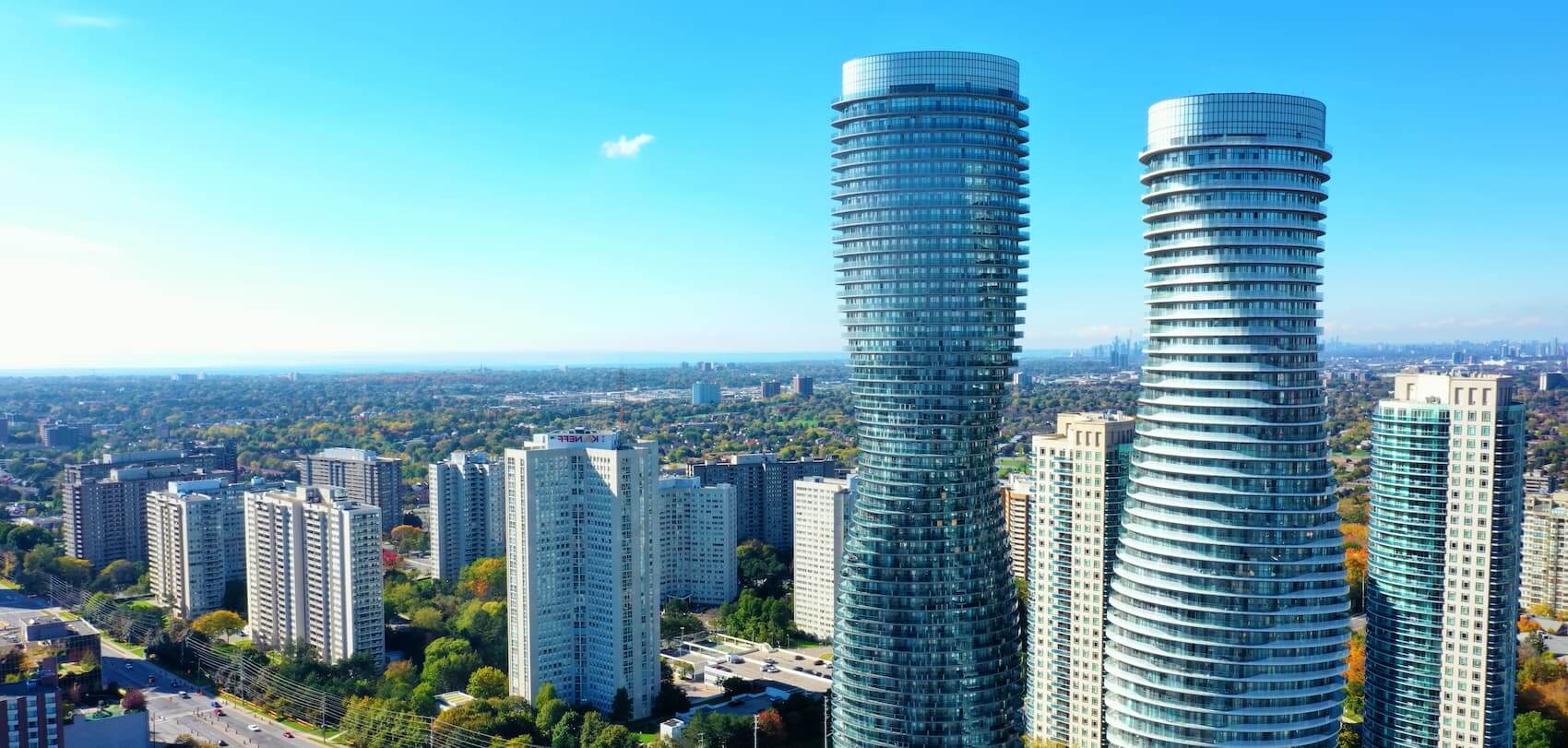Air Conditioner Installation in Toronto: What You Need to Know

If you live in Toronto, having a reliable air conditioner is essential for staying comfortable during the hot summer months. Whether you’re upgrading an old system or installing a new one, understanding the key factors involved in air conditioner installation can help ensure you get the best cooling efficiency for your home. In this guide, we’ll walk you through everything you need to know about installing an air conditioner in Toronto, from choosing the right unit to understanding local regulations.
Choosing the Right Air Conditioner
Before installing an air conditioner, it’s important to select the right type of system for your home. Some of the most common types of air conditioning systems available in Toronto include:
1. Central Air Conditioning
Central air conditioners distribute cool air throughout your home using a system of ducts and vents. This option is ideal for larger homes and provides consistent cooling across multiple rooms. If you’re looking for recommendations, check out our guide on the best central air conditioners for Toronto’s hot summers.
For more details on selecting the best air conditioning system for your home, visit our Air Conditioner Buyer’s Guide.
Pros:
- Efficient cooling for the entire home
- Works with existing ductwork
- Can be paired with a furnace for year-round climate control
Cons:
- Higher upfront cost
- Requires ductwork installation if not already present
2. Ductless Mini-Split Systems
Ductless mini-splits are a great alternative for homes without ductwork. These systems consist of an outdoor compressor and one or more indoor air-handling units.
Pros:
- Energy-efficient
- Zoned cooling for individual rooms
- Easy installation without major renovations
Cons:
- Higher unit cost per indoor zone
- May require multiple indoor units for larger homes
3. Window and Portable Air Conditioners
These are cost-effective options for cooling individual rooms or smaller spaces. While they’re not as efficient as central or mini-split systems, they are easy to install and remove as needed.
Pros:
- Affordable upfront cost
- No major installation required
- Good for renters or small apartments
Cons:
- Limited cooling capacity
- Less energy efficient than permanent systems
Factors to Consider Before Installation
1. Size and Cooling Capacity
Choosing the right size air conditioner is crucial for efficiency and performance. A unit that’s too small won’t cool your home effectively, while an oversized unit may cycle on and off too frequently, leading to higher energy bills.
Cooling capacity is measured in British Thermal Units (BTUs). A professional HVAC technician can calculate the correct BTU rating based on your home’s square footage, insulation, and sun exposure.
2. Energy Efficiency Ratings
Look for air conditioners with a high Seasonal Energy Efficiency Ratio (SEER) rating. Higher SEER ratings mean better efficiency, leading to lower energy costs in the long run.
3. Installation Costs and Budget
The cost of installing an air conditioner in Toronto varies depending on the type of unit, the complexity of the installation, and any additional upgrades needed (e.g., ductwork, electrical work). Here’s a general cost estimate:
- Central AC installation: $3,500 – $7,500
- Ductless mini-split installation: $2,500 – $6,000 per zone
- Window unit installation: $200 – $800
For a more detailed breakdown of air conditioner costs, check out our guide on how much a new air conditioner costs.
4. Local Building Codes and Permits
In Toronto, air conditioner installations must comply with local building codes and regulations. If you’re installing a central air system or ductless mini-split, you may need a permit to ensure the installation meets safety and efficiency standards.
Working with a licensed HVAC contractor ensures your installation adheres to these guidelines, preventing future issues with inspections or warranty claims.
5. Placement and Airflow Considerations
The placement of your air conditioner impacts its performance and efficiency. For outdoor units, ensure they are installed in a shaded, well-ventilated area away from obstructions. Indoor units should be placed where air can circulate freely without being blocked by furniture or curtains.
6. Electrical and Ductwork Considerations
If you’re installing a new central air system, ensure that your home’s ductwork is in good condition. Leaky or outdated ducts can reduce efficiency and lead to uneven cooling. Additionally, check whether your electrical system can handle the new AC unit’s power requirements to prevent circuit overloads.
Benefits of Professional AC Installation
While DIY air conditioner installation might seem like a cost-saving option, hiring a professional HVAC technician offers several benefits:
- Proper Sizing and Load Calculation: Experts ensure you get the right unit size for your home.
- Correct Installation: Prevents common issues like refrigerant leaks, poor airflow, or inefficient cooling.
- Compliance with Regulations: Professionals ensure all permits and codes are met.
- Warranty Protection: Many manufacturers require professional installation to maintain warranty coverage.
- Optimized Performance: A professional installation ensures your AC runs at peak efficiency, keeping your energy bills lower in the long run.
Maintenance Tips After Installation
Once your new air conditioner is installed, regular maintenance will keep it running efficiently for years to come. Follow these simple tips:
- Change or clean air filters regularly (every 1-3 months)
- Schedule annual professional tune-ups to check refrigerant levels and system performance
- Keep the outdoor unit clean and free of debris to maintain airflow
- Ensure vents and ducts remain unblocked to allow proper air circulation
- Check thermostat settings regularly to ensure optimal efficiency
- Monitor for unusual noises or performance issues that may indicate a problem
Final Thoughts
Installing an air conditioner in Toronto is an important investment in home comfort and energy efficiency. By selecting the right type of system, working with a professional installer, and maintaining your AC properly, you can enjoy reliable cooling for years to come.If you’re ready to install a new air conditioner, HVAC Near Me offers expert installation services in Toronto. Contact us today for a consultation and let our experienced technicians help you find the best cooling solution for your home.
